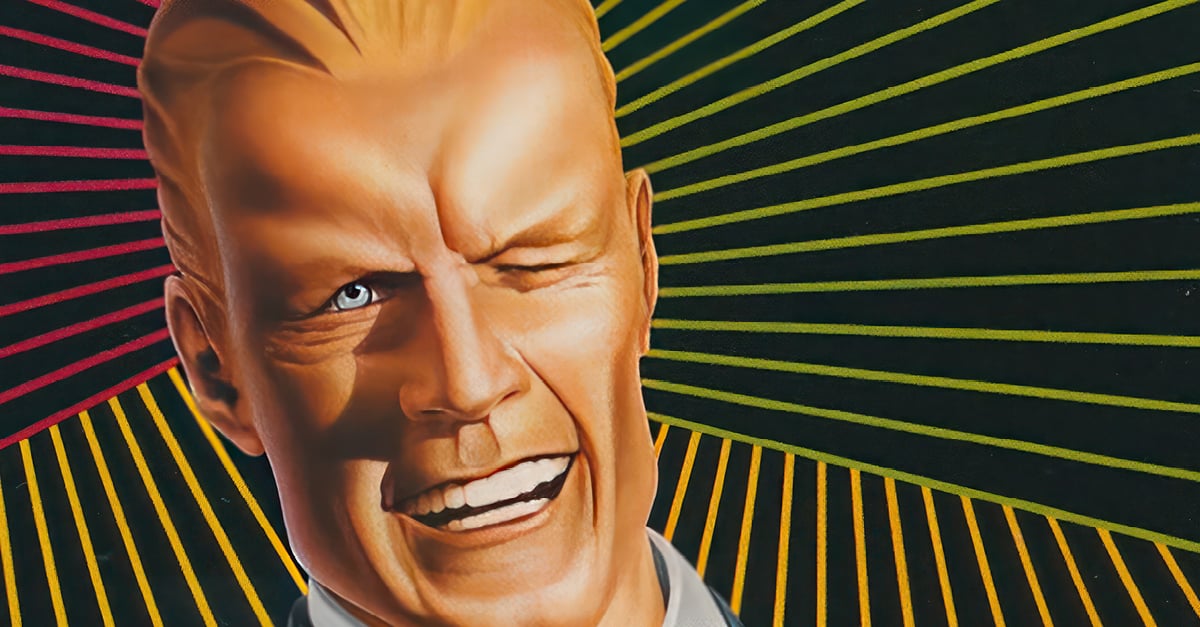The rise of social media in recent years has changed our lives. Influencers are playing an increasing role in marketing. Now a notable trend is joining them: AI influencers. But what exactly are AI influencers? How do they work, and what does this mean for the future of influencer marketing?
Who are these 'celebrities'?
AI influencers are virtual characters, created and powered by artificial intelligence. They have their own personalities, interests and even their own unique 'style'. Like human influencers, they share photos, videos and opinions with their followers on platforms like Instagram.
Why are AI influencers becoming popular?
So what is it that makes these influencers so popular? Aren't there already enough influencers on Instagram? Although most people are a bit surprised when they first hear of them, these virtual influencers do have some unique advantages:
- They are hugely consistent. They do not need to sleep, they do not need to eat, they are never tired, they do not need to walk the dog: they do not have tasks that real people do. As a result, they are always 'online'. They can constantly comment, like and post, without the limitations of humans.
- Brands can have full control over the messaging and imaging of AI influencers, allowing them to perfect their influencer marketing. You have no hassle with briefings and participation, because they do exactly what you tell them to do. And they do so without complaining.
- AI influencers are intriguing. The concept of a virtual influencer is new and fascinating, resulting in high involvement and engagement. After all, people are curious and so will often click on the profile of such a type of influencer.
Challenges and criticisms of AI influencers
So much for the benefits. As with most things in life, there are also challenges and caveats that come with the rise of AI influencers.
One major criticism is the lack of authenticity. Many consumers appreciate it when they perceive that something is genuine and someone has put effort into it. Can a virtual influencer ever be as authentic as a real person? That is the question.
There is also a strong debate about the transparency of these types of influencers. Should brands openly reveal that their influencer is AI-powered? And what does it mean ethically if they don't?
Who (or what) are the best-known AI influencers?
Maybe you've seen them pass by on your feed at some point, maybe not. But one thing is certain: there are already several AI influencers with a large number of followers. We list a few of them:
- Miquela - @lilmiquela: 2.7 million followers on Instagram, 3.5 million on TikTok and almost 300,000 on YouTube. Miquela is 19, lives in LA and lives the standard influencer life of lots of travelling, lots of selfies and also regular paid collaborations.
- Shudu - @shudu.gram: 241,000 followers on Instagram. Shudu is a model and has a look that is not only pretty, but also realistic. On her feed, she shares the most beautiful photos of herself, including captions with her 'musings' as an AI influencer.
- Zinn - @plusticboy: 48,000 followers on Instagram and one of the few male AI influencers. This AI created by a Japanese company does not post often, but his feed already shows several collaborations with big, international brands. So he is doing good business.
Incidentally, they all disclose in their bio and hashtags that they are made with AI. Yet the comments show that not everyone reads this. For instance, under several of Shudu's posts there are questions about her skincare routine. And people who comment under Miquela's posts hope they can meet her in real life one day.
Future of AI influencers
As technology continues to evolve, chances are we will see more advanced and real-life AI influencers popping up on social media. They can offer more interactive experiences and perhaps even interact with their followers in real time.
For brands, the temptation may be to switch completely to AI influencers because of the control and flexibility they offer. But: striking a balance between human touch and AI efficiency is key to maintaining trust and authenticity in influencer marketing.
Whatever the future looks like, one thing is certain: digital evolution never stops, and the rise of AI influencers on Instagram is a (semi) vivid example of that.

